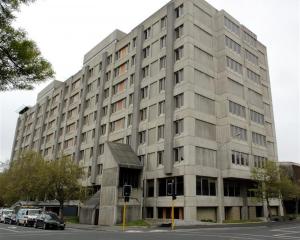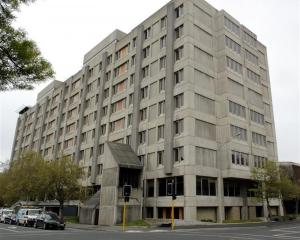There is growing pressure to introduce electronic prescribing in hospitals throughout the country after last year's successful pilot scheme at Dunedin Hospital, Dr Andrew Bowers says.
As the scheme's clinical leader, he has been presenting its findings to many groups recently and there was "unprecedented support" from clinical staff for a national introduction of the system.
They could see substantial clinical benefit, he said.
Interest in the scheme has been such that Dr Bowers has been invited to present its findings to several groups in Australia, including the Australian Capital Territory health ministry in Canberra and some rural and private hospitals.
Dr Bowers, who is an internal medicine specialist and the board's medical director of information technology, estimates electronic prescribing in hospitals could reduce medication errors by about half.
This would reduce patient harm and patients' length of stay, and improve patient flow.
During the pilot scheme, in medical wards 8a and 8b, doctors prescribed electronically, using software with many in-built checks and warnings to overcome inadvertent errors.
Several common errors became non-existent during the scheme, including mistakes involving patient identification, unreadable drug names and incorrect or missing prescriber information.
Staff using the new system were keen to continue it and Dr Bowers said this had been possible in those wards by temporary funding for a pharmacy position.
He was hopeful that because the scheme came in under the $860,000 budget, the extra could be used to extend the system to a new area.
The hospital's clinical board supports its extension across the hospital.
Dr Bowers said there was strong support from management for introducing the system across all board clinical areas in Otago and Southland and there was discussion about this possibility between chief executive Brian Rousseau and the National Health Information Technology Board.
One aspect that still needs attention is a legislation change permitting electronic signatures on prescriptions.
A temporary exemption from the legal requirement for handwritten signatures was granted for the scheme.
It is estimated, based on data gathered elsewhere, that every day last year at Dunedin Hospital there could have been as many as seven instances of harm or near misses from medication errors, most of them unreported and unrecognised.








